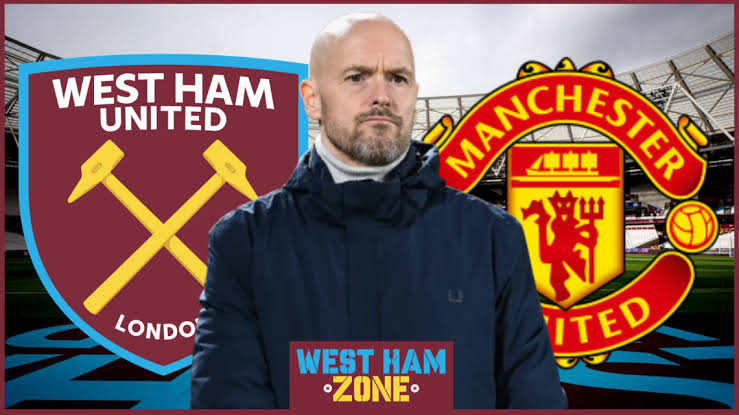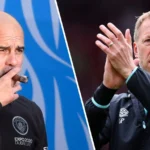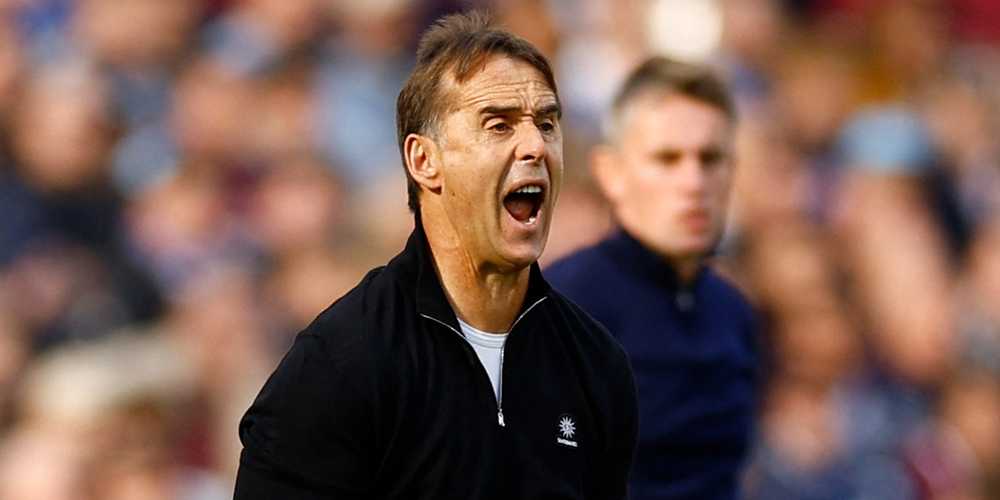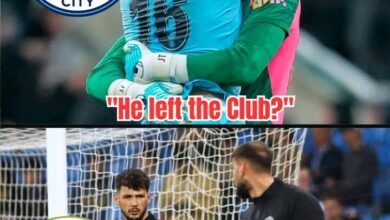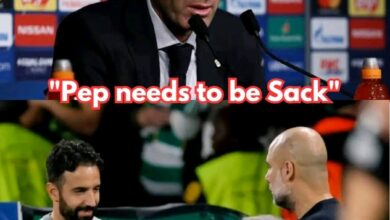Gallagher analyses the penalty that got Ten Hag sacked
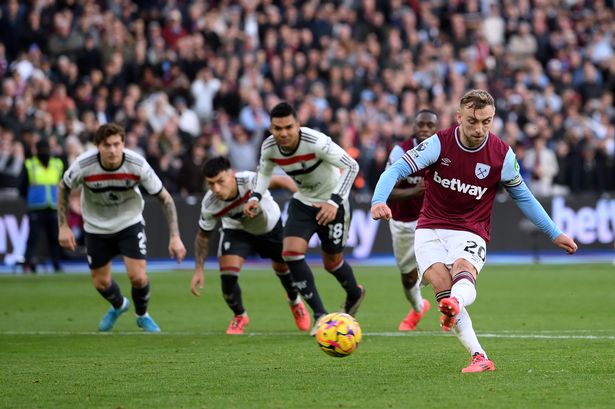
Former referee Dermot Gallagher provides an in-depth analysis of the recent controversial incidents from the weekend’s football matches, highlighting key moments that sparked discussions among players, coaches, and fans alike.
In the match between West Ham and Manchester United, a significant incident occurred when Matthijs de Ligt was adjudged to have fouled Danny Ings. Initially, referee David Coote allowed play to continue, but after VAR intervention, he reviewed the situation and awarded a penalty, which Jarrod Bowen successfully converted. Gallagher suggested that Coote likely sensed a foul but was uncertain about the severity of the incident. He noted that referees typically consult the monitor for clear errors, indicating that Coote might have believed his original call was correct upon review. However, pundit Stephen Warnock criticized the VAR intervention, arguing that Coote should have maintained his initial decision. Sue Smith echoed this sentiment, asserting that the use of VAR in this instance was flawed since contact was expected in such scenarios.
Another pivotal moment unfolded in the Arsenal vs. Liverpool match, where a goal by Gabriel Jesus was disallowed. The referee had blown for a foul by Jakub Kiwior on Dominik Szoboszlai prior to the goal being scored. Gallagher deemed the decision a close call, but Smith disagreed, stating she did not perceive a foul and highlighted that the referee delayed his whistle. Warnock added that while a foul was indicated, the lack of immediate action from the referee suggested that Liverpool might have benefited from the situation.
In the encounter between Crystal Palace and Tottenham, Micky van de Ven committed a foul against Ismaila Sarr, yet did not receive a red card. Gallagher mentioned that the referee judged Sarr was moving away from goal, thus affecting the decision. Warnock supported this viewpoint, suggesting a yellow card was appropriate, while Smith noted that the direction of the ball played a crucial role in the decision to avoid a harsher penalty.
The Chelsea versus Newcastle game brought forth another contentious moment when Newcastle appealed for a penalty due to a challenge by Levi Colwill. Gallagher clarified that the foul occurred outside the box, warranting a yellow card instead. Later in the match, Chelsea was awarded a penalty that was subsequently overturned by VAR, which determined there was minimal contact. Gallagher praised the VAR process in this case, affirming that it functioned as intended, while Warnock and Smith both agreed there was insufficient contact to merit a penalty.
In the Aston Villa and Bournemouth match, John McGinn had a goal disallowed due to the ball going out of play. Gallagher noted that there was enough evidence from VAR showing the ball had indeed crossed the line. Additionally, Antoine Semenyo received a yellow card for simulation after going down in the box, which Gallagher contested, asserting that the incident warranted continuation of play. Smith remarked that while it was not a dive, it also didn’t qualify for a penalty, indicating a missed opportunity for the referee to better assess the situation.
The Brentford versus Ipswich match featured a penalty awarded after a VAR review, where a foul was deemed to have started outside the box but continued inside. This decision led to a second yellow card for Clarke, a call that Smith found harsh, while Warnock described it as understandable but somewhat rash.
Lastly, in the Brighton vs. Wolves clash, Kaoru Mitoma avoided a booking for kicking the ball away, a decision Gallagher supported as it did not delay the match’s restart. Warnock criticized calls for booking in such circumstances, emphasizing the chaotic nature of the game with multiple balls present. Meanwhile, Leicester’s appeal for a penalty in their match against Nottingham Forest, based on Jamie Vardy’s claim of a hold by Nikola Milenkovic, was dismissed by Gallagher, who argued that Vardy had tripped himself, a viewpoint echoed by Warnock
These incidents illustrate the complexity of officiating in football and the pivotal role that VAR plays in the decision-making process, with differing opinions highlighting the nuances that come into play during high-stakes matches.
